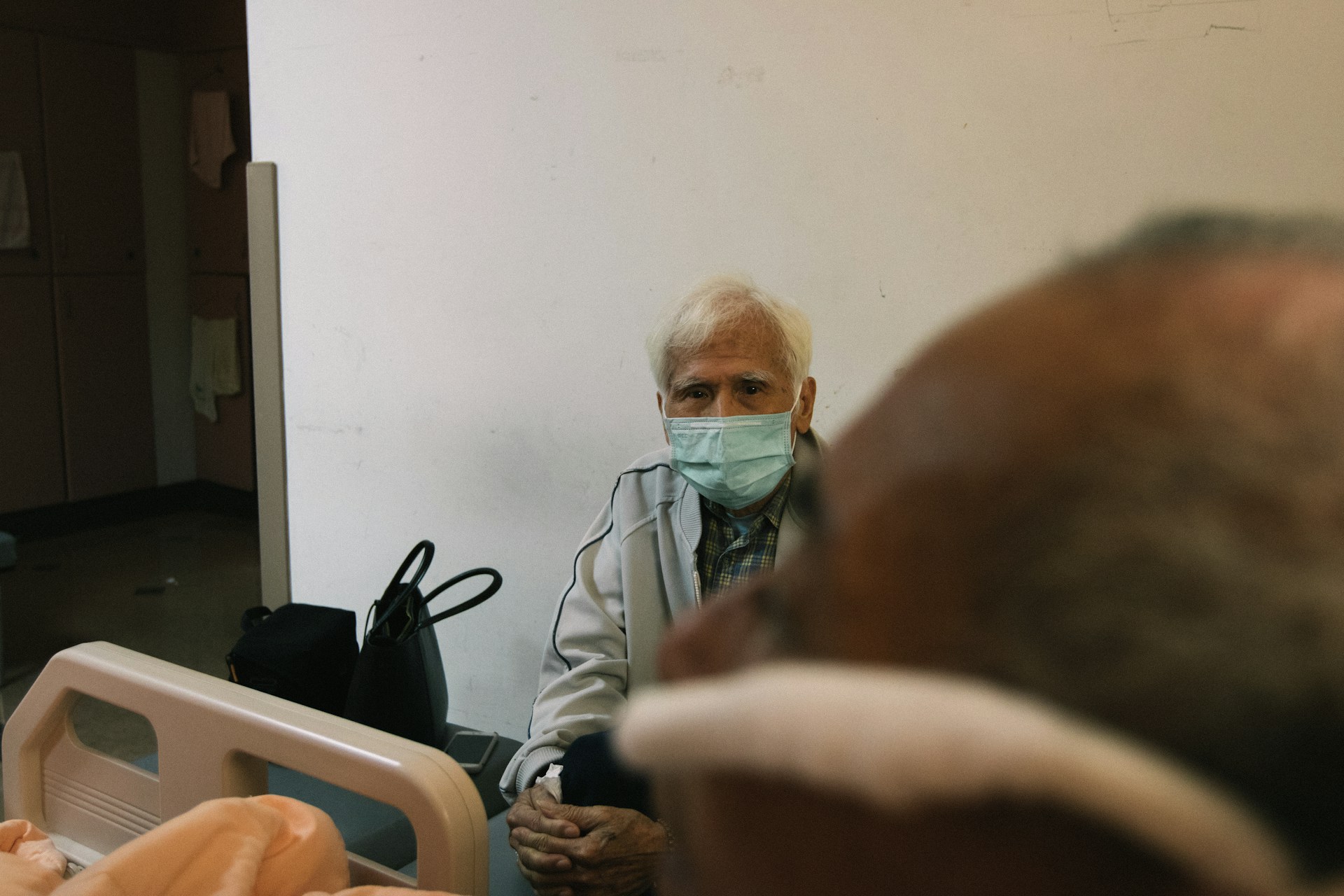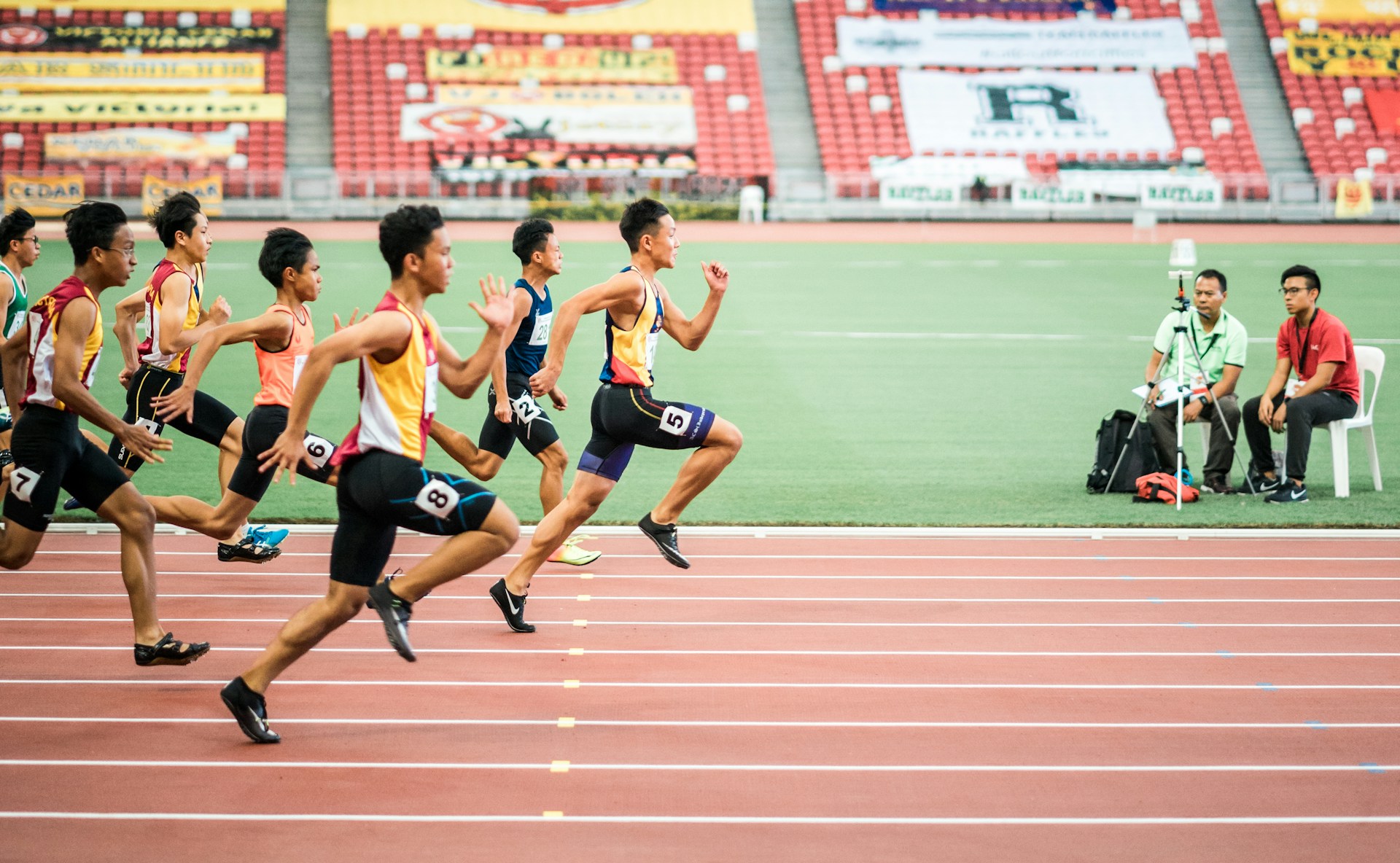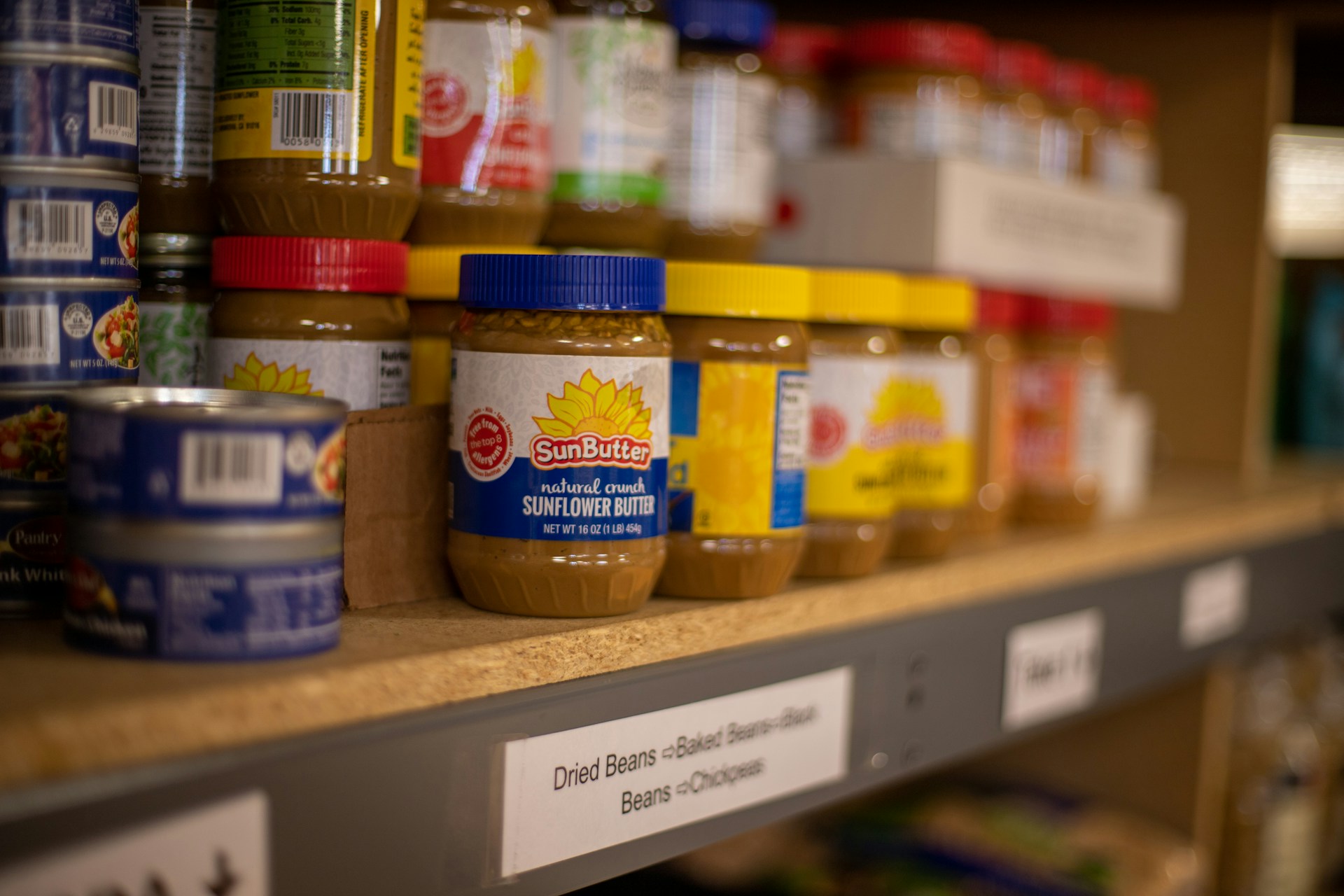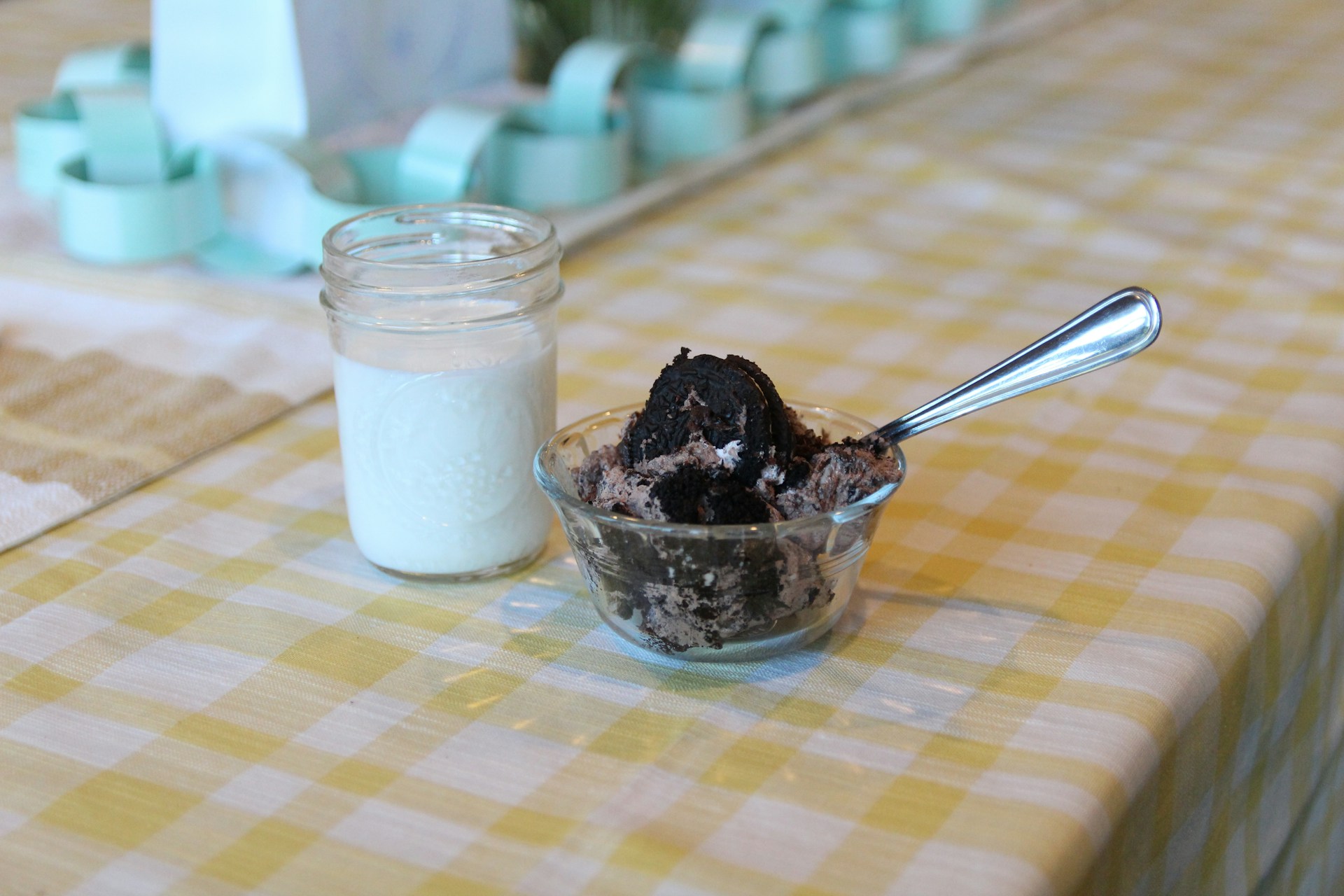Sparing Muscle Glycogen in Rats with Brown Sugarcane Supplementation
Downloads
ABSTRACT
Background: Carbohydrates supplementation before exercise is known to delay fatigue in athletes, especially for endurance type of sports. Brown sugarcane (Saccharum officinarum) mostly contains sucrose. The breakdown of sucrose into glucose and fructose is used by the body as an energy-providing substrate, especially when exercising for a long duration – endurance. Consumption of brown sugarcane before exercise is expected to keep blood glucose in normal condition and preventing from muscle glycogen catabolism.
Objectives: This research aimed to investigate the effect of carbohydrate supplementation with brown sugarcane and glucose on blood glucose and muscle glycogen levels.
Methods: 36 male Sprague Dawley rats at 8 weeks old were involved in this study. There were 4 groups of intervention, brown sugarcane + swimming (BS), glucose + swimming (G), water + swimming (W), and brown sugarcane without swimming (S). The dose of intervention was 0,3 g sucrose/100 g body weight of rats. The supplementation was given 10 minutes before doing the swimming activity. A statistical test with SPSS software was used to analyze the results. One-way ANOVA and t-test were used to analyze before and after supplementation.
Results: The results showed that the rats who were given sugar cane supplementation before swimming had a smaller increase in blood glucose than the other groups. The increasing of blood glucose in each group were BS = 7.95 mg/dl; G = 21.19 mg/dl; W = 35.64 mg/dl; S = 4.57 mg/dl; p=0.000. Muscle glycogen levels in the rats given sugar cane supplementation group were higher than in the other groups (p=0.000).
Conclusions: Carbohydrate supplementation with brown sugarcane before endurance type of exercise was able to maintain blood glucose on normal condition and prevent muscle glycogen catabolism in experimental animals. Research on the development of sports spesific products based on brown sugarcane can be carried out to see its effects directly on humans.
Keywords: brown sugarcane, glucose, glicogen, swimming, carbohydrates
Jeukendrup, A. E. Periodized Nutrition for Athletes. Sport. Med. 47, 51–63 (2017).
Kerksick, C. M. et al. International society of sports nutrition position stand: Nutrient timing. J. Int. Soc. Sports Nutr. 14, 1–21 (2017).
Burdon, C. A., Spronk, I., Cheng, H. L. & O'Connor, H. T. Effect of Glycemic Index of a Pre-exercise Meal on Endurance Exercise Performance: A Systematic Review and Meta-analysis. Sport. Med. 47, 1087–1101 (2017).
Phillips, S. M., Sproule, J. & Turner, A. P. Carbohydrate ingestion during team games exercise: Current knowledge and areas for future investigation. Sport. Med. 41, 559–585 (2011).
Kumar, A. & Singh, S. The benefit of Indian jaggery over sugar on human health. Dietary Sugar, Salt and Fat in Human Health (INC, 2020).
Kouhestani, S. & Honarvar, M. An overview on Panela. J. Food Biosci. Technol. 11, 35–42 (2021).
Nagarajan, K., Balkrishna, A. & Gowda, P. Alternative and Supplementary Health Model on Traditional Sugars. J. Nutr. Weight Loss Res. 4, 1–10 (2019).
Singh, A. et al. Phytochemical profile of sugarcane and its potential health aspects. Pharmacogn. Rev. 9, 45–54 (2015).
Kinjo, Y. et al. Anti-stress and antioxidant effects of non- centrifuged cane sugar, Kokuto, in restraint- stressed mice. J. Oleo Sci. 68, 183–191 (2019).
Sakhtibalan, M., Sarumathi, E. & Meher, B. R. Evaluation of efficacy of jaggery and raisins as supplements in iron deficiency anemia among medical undergraduate students in South India. Natl. J. Physiol. Pharm. Pharmacol. 8, 1432 (2018).
Ji, J., Yang, X., Flavel, M., Shields, Z. P. I. & Kitchen, B. Antioxidant and Anti-Diabetic Functions of a Polyphenol-Rich Sugarcane Extract. J. Am. Coll. Nutr. 38, 670–680 (2019).
Singh, J. Manufacturing Jaggery, a Product of Sugarcane, As Health Food. Agrotechnology 01, 10–12 (2013).
Asghar, M. T. et al. Coconut (Cocos nucifera L.) sap as a potential source of sugar: Antioxidant and nutritional properties. Food Sci. Nutr. 8, 1777–1787 (2020).
Morifuji, M., Kanda, A., Koga, J., Kawanaka, K. & Higuchi, M. Preexercise ingestion of carbohydrate plus whey protein hydrolysates attenuates skeletal muscle glycogen depletion during exercise in rats. Nutrition 27, 833–837 (2011).
Thannoun, A. & AlKubati, A. A. M. M. Blood glucose response and glycemic index of diets containing different sources of carbohydrate in healthy rats. Mesopotamian J. Agric. 38, 1–11 (2011).
Utrilla-Coello, R. G., Agama-Acevedo, E., Osorio-Díaz, P., Reynoso-Camacho, R. & Bello-Pérez, L. A. Glycemic response in healthy rats fed with composite cereal bars. Starch/Staerke 65, 354–359 (2013).
Kowalski, G. M. & Bruce, C. R. The regulation of glucose metabolism: Implications and considerations for the assessment of glucose homeostasis in rodents. Am. J. Physiol. - Endocrinol. Metab. 307, E859–E871 (2014).
Umeno, A., Horie, M., Murotomi, K., Nakajima, Y. & Yoshida, Y. Antioxidative and antidiabetic effects of natural polyphenols and isoflavones. Molecules 21, (2016).
Trefts, E., Williams, A. S. & Wasserman, D. H. Exercise and the Regulation of Hepatic Metabolism. Progress in Molecular Biology and Translational Science vol. 135 (Elsevier Inc., 2015).
Lin, S., Yang, Z., Liu, H., Tang, L. & Cai, Z. Beyond glucose: Metabolic shifts in responses to the effects of the oral glucose tolerance test and the high-fructose diet in rats. Mol. Biosyst. 7, 1537–1548 (2011).
Mahan, L. K. & Stump, S. E. Krause ' s Food and Nutrition Therapy 14th Edition. (Saunders Elsevier, 2015).
Baur, D. A. et al. Glucose-fructose enhances performance versus isocaloric, but not moderate, glucose. Med. Sci. Sports Exerc. 46, 1778–1786 (2014).
Bally, L. et al. Metabolic effects of glucose-fructose co-ingestion compared to glucose alone during exercise in type 1 diabetes. Nutrients 9, 1–13 (2017).
Rowlands, D. S. et al. Fructose–Glucose Composite Carbohydrates and Endurance Performance: Critical Review and Future Perspectives. Sport. Med. 45, 1561–1576 (2015).
Evans, P. L., McMillin, S. L., Weyrauch, L. A. & Witczak, C. A. Regulation of skeletal muscle glucose transport and glucose metabolism by exercise training. Nutrients 11, 1–24 (2019).
Spriet, L. L. Performance Nutrition for Athletes. Sport. Med. 49, 1–2 (2019).
Fuchs, C. J., Gonzalez, J. T. & van Loon, L. J. C. Fructose co-ingestion to increase carbohydrate availability in athletes. J. Physiol. 597, 3549–3560 (2019).
Penggalih, M. H. S. T., Dewinta, M. C. N., Pratiwi, D., Solichah, K. M. & Niamilah, I. Gizi Olahraga I: Sistem Energi, Antropometri, dan Asupan Makan Atlet.pdf. (Gadjah Mada Press, 2019).
Jensen, T. E. & Richter, E. A. Regulation of glucose and glycogen metabolism during and after exercise. J. Physiol. 590, 1069–1076 (2012).
Rippe, J. M. & Angelopoulos, T. J. Sucrose, high-fructose corn syrup, and fructose, their metabolism and potential health effects: What do we really know? Adv. Nutr. 4, 236–245 (2013).
Copyright (c) 2022 Amerta Nutrition

This work is licensed under a Creative Commons Attribution-ShareAlike 4.0 International License.
AMERTA NUTR by Unair is licensed under a Creative Commons Attribution-ShareAlike 4.0 International License.
1. The journal allows the author to hold the copyright of the article without restrictions.
2. The journal allows the author(s) to retain publishing rights without restrictions
3. The legal formal aspect of journal publication accessibility refers to Creative Commons Attribution Share-Alike (CC BY-SA).
4. The Creative Commons Attribution Share-Alike (CC BY-SA) license allows re-distribution and re-use of a licensed work on the conditions that the creator is appropriately credited and that any derivative work is made available under "the same, similar or a compatible license”. Other than the conditions mentioned above, the editorial board is not responsible for copyright violation.












































